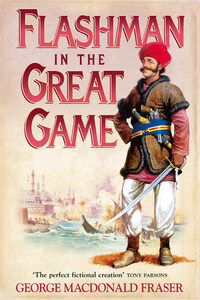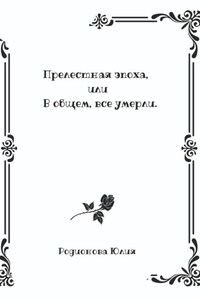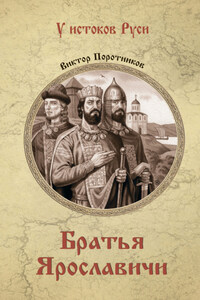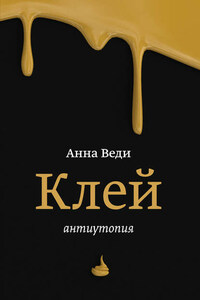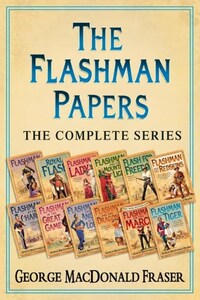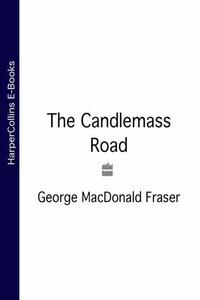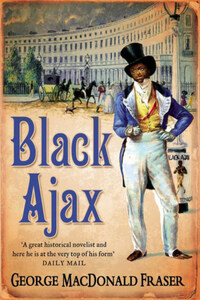âHow did you get the idea of Flashman?â and âWhen are we going to get his U.S. Civil War memoirs?â are questions which I have ducked more often than I can count. To the second, my invariable response is âOh, one of these daysâ. Followed, when the inquirer is an impatient American, by the gentle reminder that to an old British soldier like Flashman the unpleasantness between the States is not quite the most important event of the nineteenth century, but rather a sideshow compared to the Mutiny or Crimea. Before they can get indignant I add hastily that his Civil War itinerary is already mapped out; this is the only way of preventing them from telling me what it ought to be.
To the question, how did I get the idea, I simply reply that I donât know. Who ever knows? Anthony Hope conceived The Prisoner of Zenda on a walk from Westminster to the Temple, but I doubt if he could have said, after the calendar month it took him to write the book, what triggered the idea. In my case, Flashman came thundering out of the mists of forty years living and dreaming, and while I can list the ingredients that went to his making, heaven only knows how and when they combined.
One thing is sure: the Flashman Papers would never have been written if my fellow clansman Hugh Fraser, Lord Allander, had confirmed me as editor of the Glasgow Herald in 1966. But he didnât, the canny little bandit, and I wonât say he was wrong. I wouldnât have lasted in the job, for Iâd been trained in a journalistic school where editors were gods, and in three months as acting chief my attitude to management, front office, and directors had been that of a seigneur to his serfs â I had even put Fraserâs entry to the House of Lords on an inside page, assuring him that it was not for the Herald, his own paper, to flaunt his elevation, and that a two-column picture of him was quite big enough. How cavalier can you get?
And doubtless I had other editorial shortcomings. In any event, faced with twenty years as deputy editor (which means doing all the work without getting to the big dinners), I promised my wife I would âwrite us out of itâ. In a few weeks of thrashing the typewriter at the kitchen table in the small hours, Flashman was half-finished, and likely to stay that way, for I fell down a waterfall, broke my arm, and lost interest â until my wife asked to read what I had written. Her reaction galvanised me into finishing it, one draft, no revisions, and for the next two years it rebounded from publisher after publisher, British and American.
I canât blame them: the purported memoir of an unregenerate blackguard, bully, and coward resurrected from a Victorian school story is a pretty eccentric subject. By 1968 I was ready to call it a day, but thanks to my wifeâs insistence and George Greenfieldâs matchless knowledge of the publishing scene, it found a home at last with Herbert Jenkins, the manuscript looking, to quote Christopher MacLehose, as though it had been round the world twice. It damâ nearly had.
They published it as it stood, with (to me) bewildering results. It wasnât a bestseller in the blockbuster sense, but the reviewers were enthusiastic, foreign rights (starting with Finland) were sold, and when it appeared in the U.S.A. one-third of forty-odd critics accepted it as a genuine historical memoir, to the undisguised glee of the New York Times, which wickedly assembled their reviews. âThe most important discovery since the Boswell Papersâ is the one that haunts me still, for if I was human enough to feel my lower ribs parting under the strain, I was appalled, sort of.
